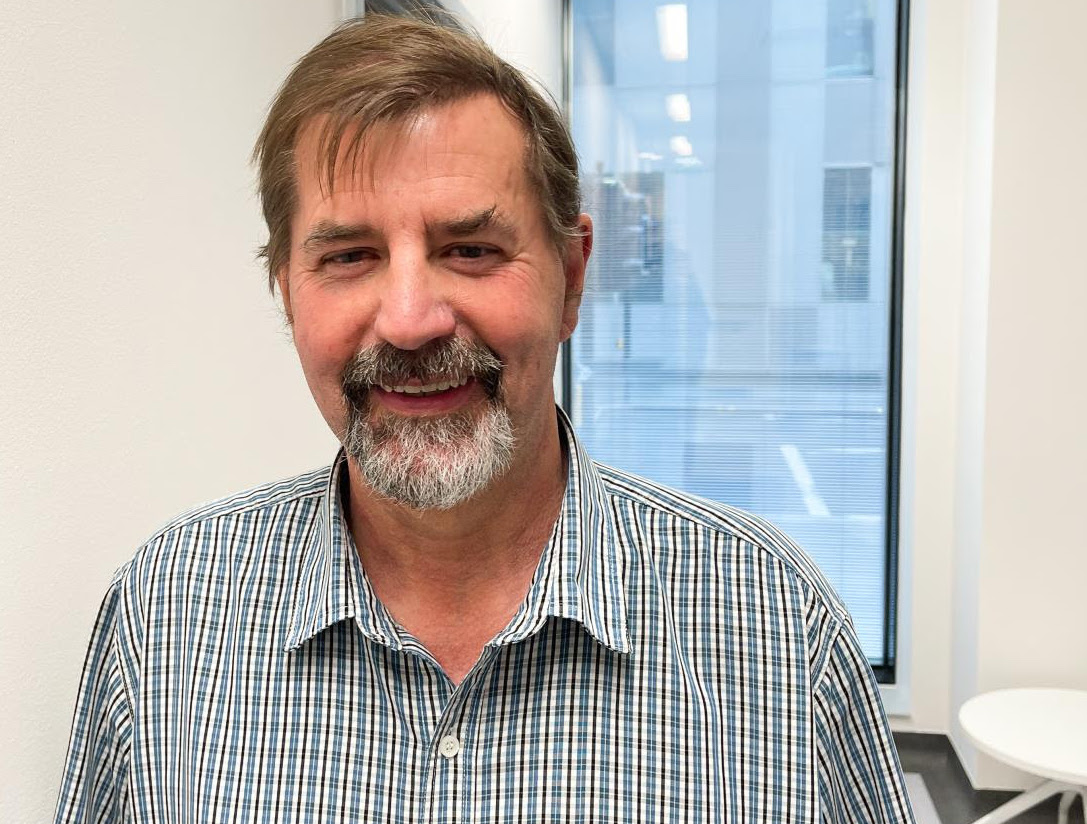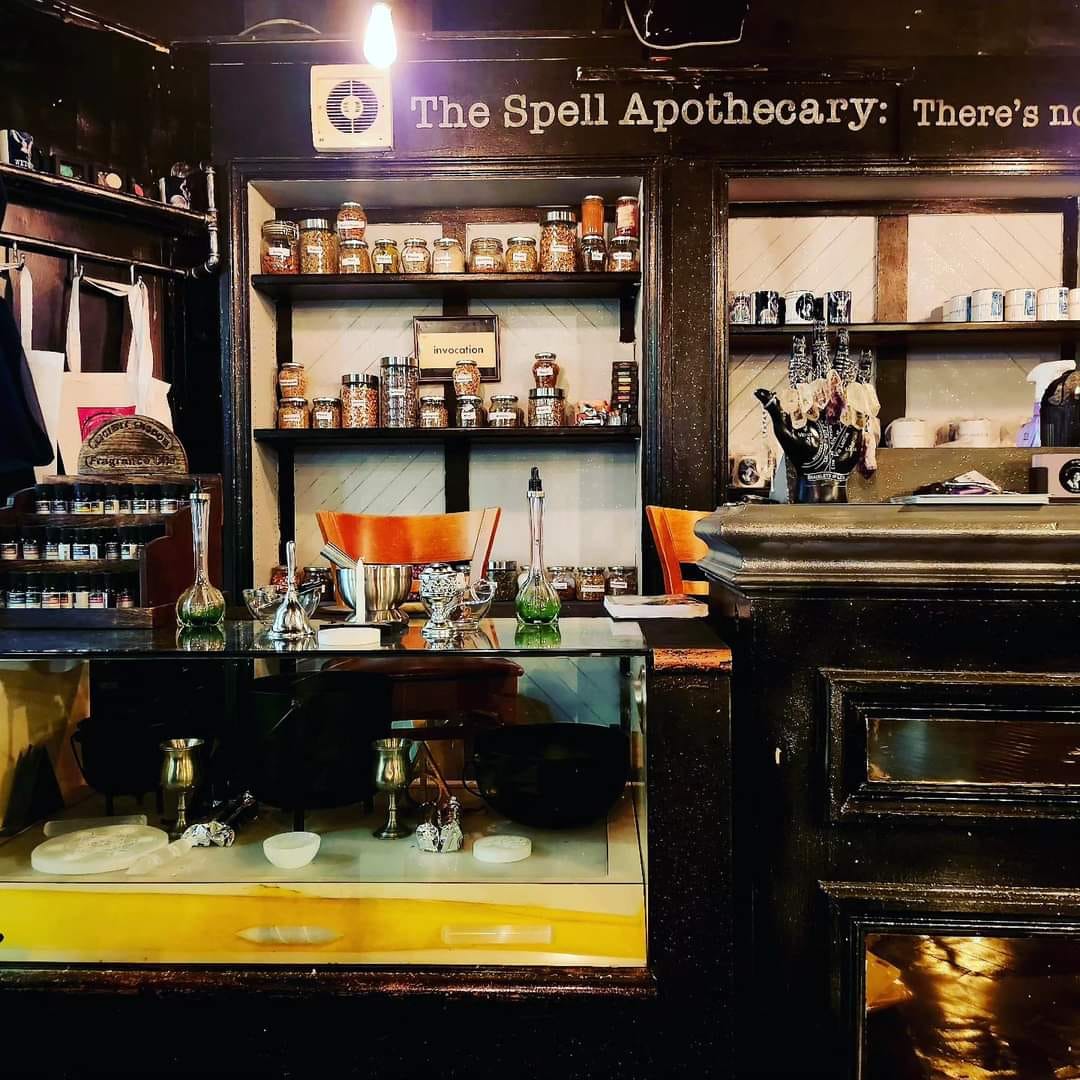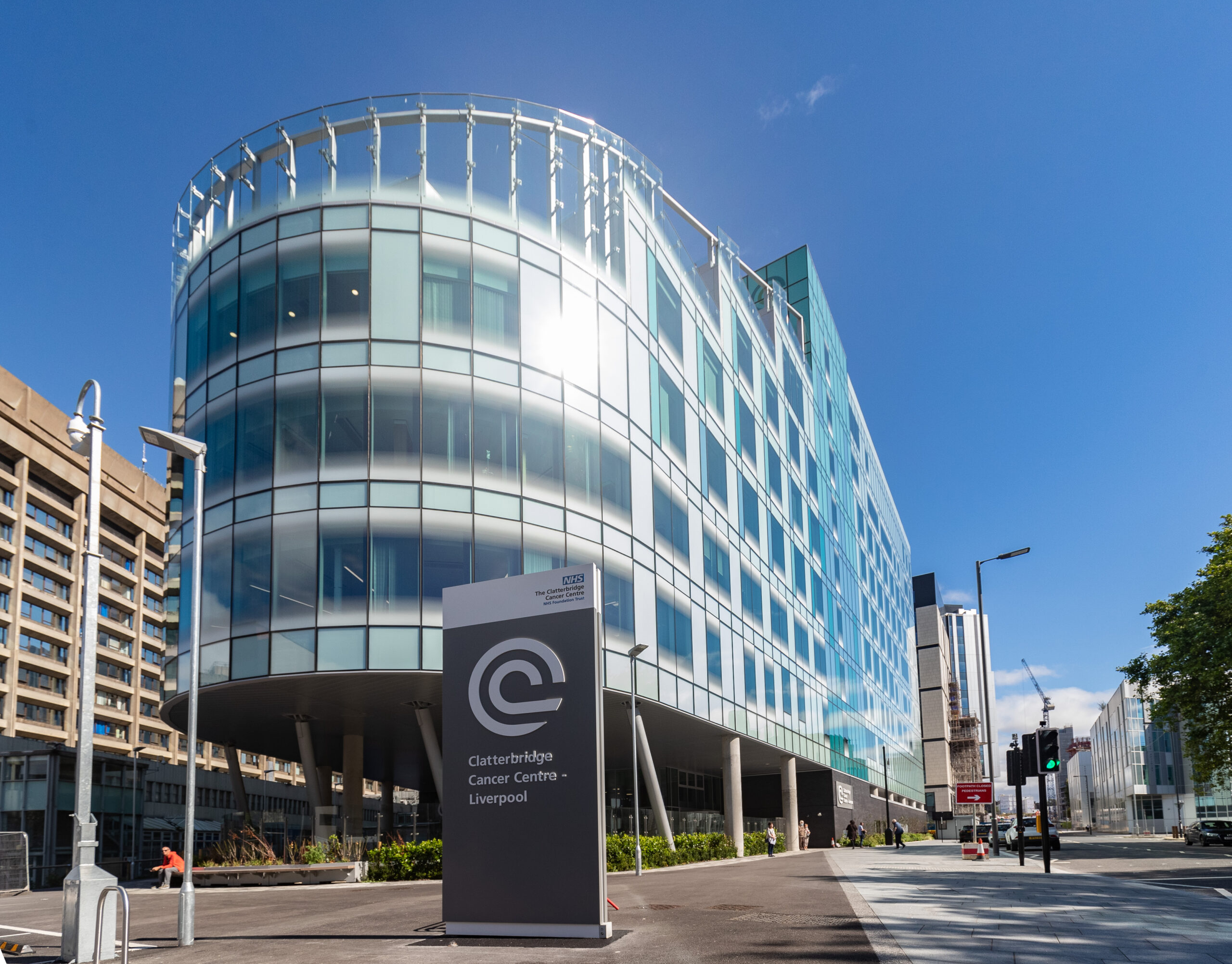
Latest
World first sight-saving treatment given to Bootle Grandad in Liverpool
2 years ago

A grandad from Bootle has become the first person in the world to be given a new medication that could prevent him from losing his eyesight, thanks to teams at Liverpool University Hospitals NHS Foundation Trust.
Steve Gotts, 63, a retired Scientific Officer, has lived with diabetes for over 30 years. After struggling with his condition over the years, Steve was treated by the diabetic teams at LUHFT and had a device fitted in his arm, which helps him maintain stable blood sugars.
While his condition is currently under control, Steve has explored the possible complications that could occur in future because of his diabetes, which includes the deterioration of his eyesight.
Steve is a keen golfer and also spends his free time building complex scale model figurines, something he couldn’t do if his sight deteriorated.
Steve said: “I’ve been struggling to manage my diabetes for a long time and the team at the hospital have helped me control my symptoms.
“However, looking to the future, the prospect of going blind due to my condition and not seeing my grandchildren grow-up made me want to take part in a clinical trial.”
Steve was the first of 24 people across the world to be given a dose of Danegaptide, a tablet-based medication to reduce the effects of diabetic maculopathy.
Diabetic maculopathy is caused by a build-up of excess fluid in the back of the eye, the retina, resulting in blurred vision. This condition leaves patients at risk of losing eyesight, causing devastating effects to everyday life.
St Paul’s Eye Research Centre (CERC), located at the Royal Liverpool University Hospital, and the University of Liverpool has partnered with Breye Therapeutics to deliver the first dose of a treatment.

In the UK, nearly all patients diagnosed with Type 1 diabetes and almost two thirds of patients with Type 2 diabetes have signs of damage to the back of the eye within 20 years of diagnosis.
Currently, this condition can only be treated at an advanced stage with injections or laser to the back of the eye. However, this new treatment is hoping to prevent or prolong deterioration all together, saving a patient’s sight.
Steve said: “The opportunity to join the trial came at the perfect moment. Not only was it available to me, based on the stage of my condition, but it is also available in my hometown of Liverpool.
“I am proud to be the first patient in the world to try this treatment, which will hopefully not only help save my sight, but other’s sight as well.
“Receiving the treatment was seamless. The unit and the research staff supporting me were lovely and have continued to monitor me at weekly appointments over four weeks.
“It’s been a great experience. The treatment options currently available to diabetic patients are very invasive so I am glad I can play my part in hopefully replacing this with much gentler treatment and benefit from the treatment myself.”
Dr Phil Burgess, Honorary Consultant Ophthalmologist at Liverpool University Hospitals and Clinical Senior Lecturer at the University of Liverpool, said: “We are so proud to be the first clinical team in the world to administer this new treatment for diabetic maculopathy and bring this study to our patients here in Liverpool and beyond.
“This new drug could mean that injections into the back of the eye may not be necessary for patients suffering with this condition, instead replacing this with a tablet-based treatment – which is a much more comfortable treatment for patients.
“Researchers and clinicians have been looking for a long time for a treatment that can be done at the early stages of the disease, before a patients’ eyesight has begun to deteriorate. Current treatments can only be carried out at later stages of the condition, which can place a significant burden on patients.
“The medication will be taken for a month and patients will continue to be closely monitored by clinical teams to ensure that patients are continuing to react well to the treatment.
“As a team, we are elated that we can bring such cutting-edge research to our patients through the hard work and dedication of the research staff at St Paul’s CERC. We look forward to seeing the results of the next phase of this clinical trial.”
If you or someone you know is currently dealing with the effects of diabetes, contact your GP. You can also visit the NHS website, which explains these symptoms and when to get checked in more detail.









 Subscribe
Subscribe Follow Us
Follow Us Follow Us
Follow Us Follow Us
Follow Us Follow Us
Follow Us Follow Us
Follow Us











